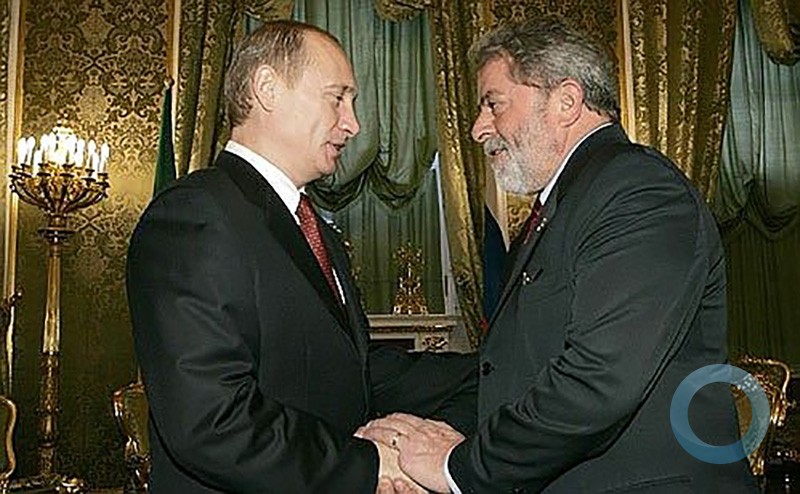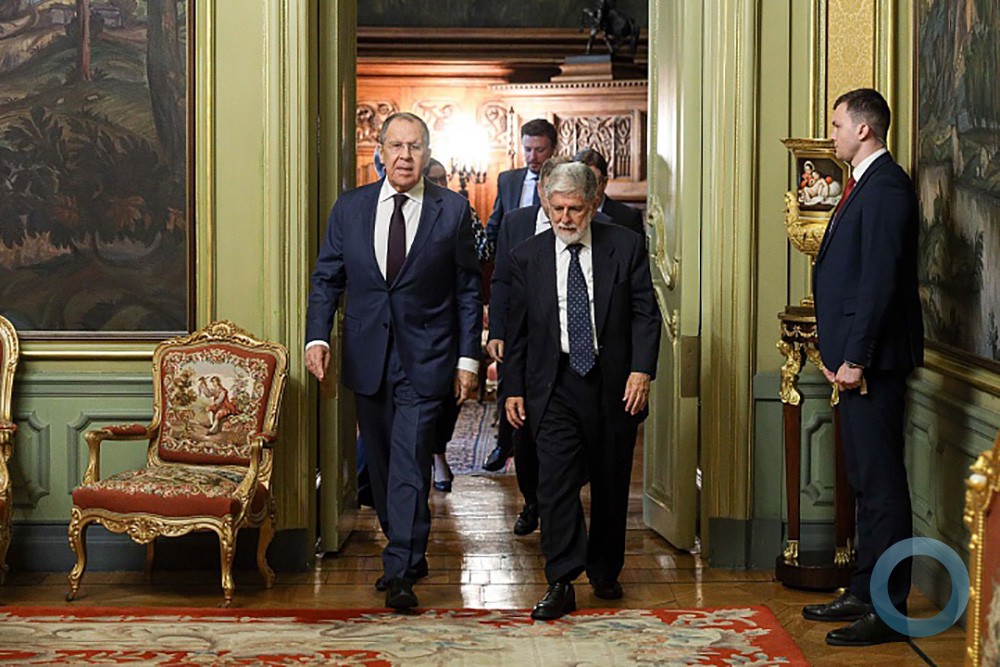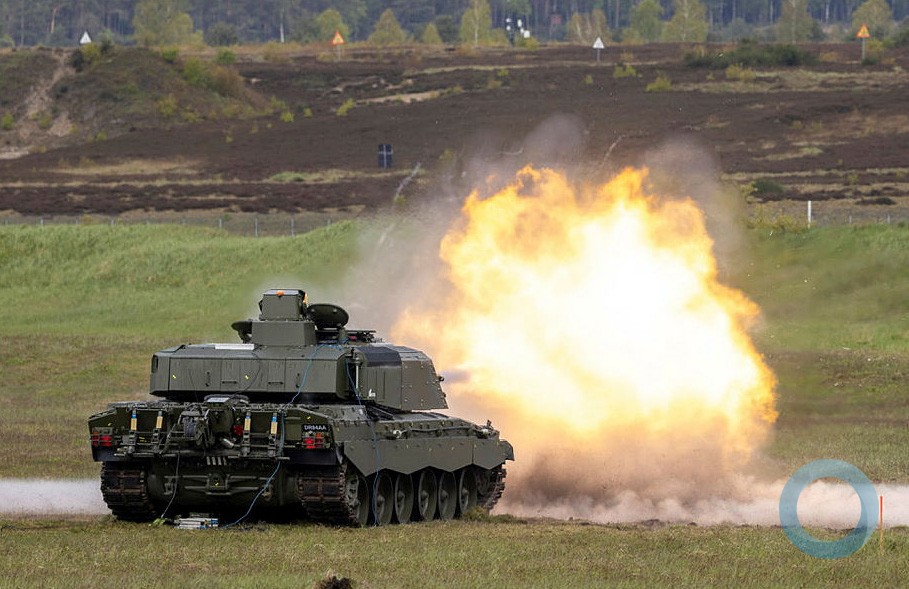DW's Matthias von Hein
"The German government pursues a restrained, responsible arms export policy." These are the reassuring words on the website of the German Economics Ministry.
However, the publication of the latest arms export report clearly illustrates that Germany is not fulfilling these aspirations. Five of the 10 most important purchasers of German military equipment are located in areas of conflict. But above all: The tripling of its arms sales to Saudi Arabia, to almost 500 million euros, makes Germany – at least indirectly – a party to the war in Yemen.
A reminder: For the past year and a half the richest country in the Arab world has been bombing the poorest country in the region into the sand.
The consequence of this intervention in Yemen's internal conflict is thousands of civilian casualties.
In early October, for example, 140 people died in a Saudi air strike on a group of mourners in Sanaa. Hospitals have been bombed so frequently that the aid organization Doctors Without Borders has withdrawn its workers from the country.
According to the United Nations, three million people are internally displaced in Yemen itself. More than half of Yemen's population of 25 million can no longer be guaranteed access to food. The air strikes by the coalition, of which Saudi Arabia is the leading nation, have contributed nothing towards ending the conflict. So far, the only people to benefit from them are al Qaeda and the Yemeni offshoot of so-called "Islamic State."
Saudi Arabia a "stabilizing factor"?
The arms exports report reveals that Saudi Arabia is now the third-largest buyer of German weapons. And more than 90 percent of the consignments consisted of equipment for the air force: fighter jet parts, helicopters, planes, equipment for aerial refueling. Who in Berlin can guarantee that none of this hardware is being deployed for use against Yemen?
These German arms exports are justified with the claim that Saudi Arabia is a "stabilizing factor" in the Middle East. Beyond its involvement in Yemen, this is in any case a highly dubious representation, given that it exports Wahhabi Islam and finances jihadist forces. The claim in the arms export report that "particular importance is attached to respect for human rights in the recipient country" appears downright ridiculous in relation to Saudi Arabia. The Economist magazine counts Saudi Arabia among the ten most authoritarian countries in the world. Amnesty International accuses the Gulf state of severely restricting freedoms of expression and assembly. The blogger Raif Badawi, recipient of DW's Freedom of Speech Award, is just one example: Badawi currently faces another public flogging.
Only a fraction of export requests are refused
The sad picture painted by this arms export report is not improved by its proud declaration that 34 applications for export licenses, totaling 9.6 million euros, were turned down. Germany's exports to Saudi Arabia alone came to around 50 times that. Exports in the first six months alone amounted to more than four billion euros, meaning that the quantity turned down represents a mere 0.25 percent of the total. How the authors of the report arrived at the assessment that the German government had "made arms export policy markedly more restrictive than in previous legislative periods" is a mystery.





























